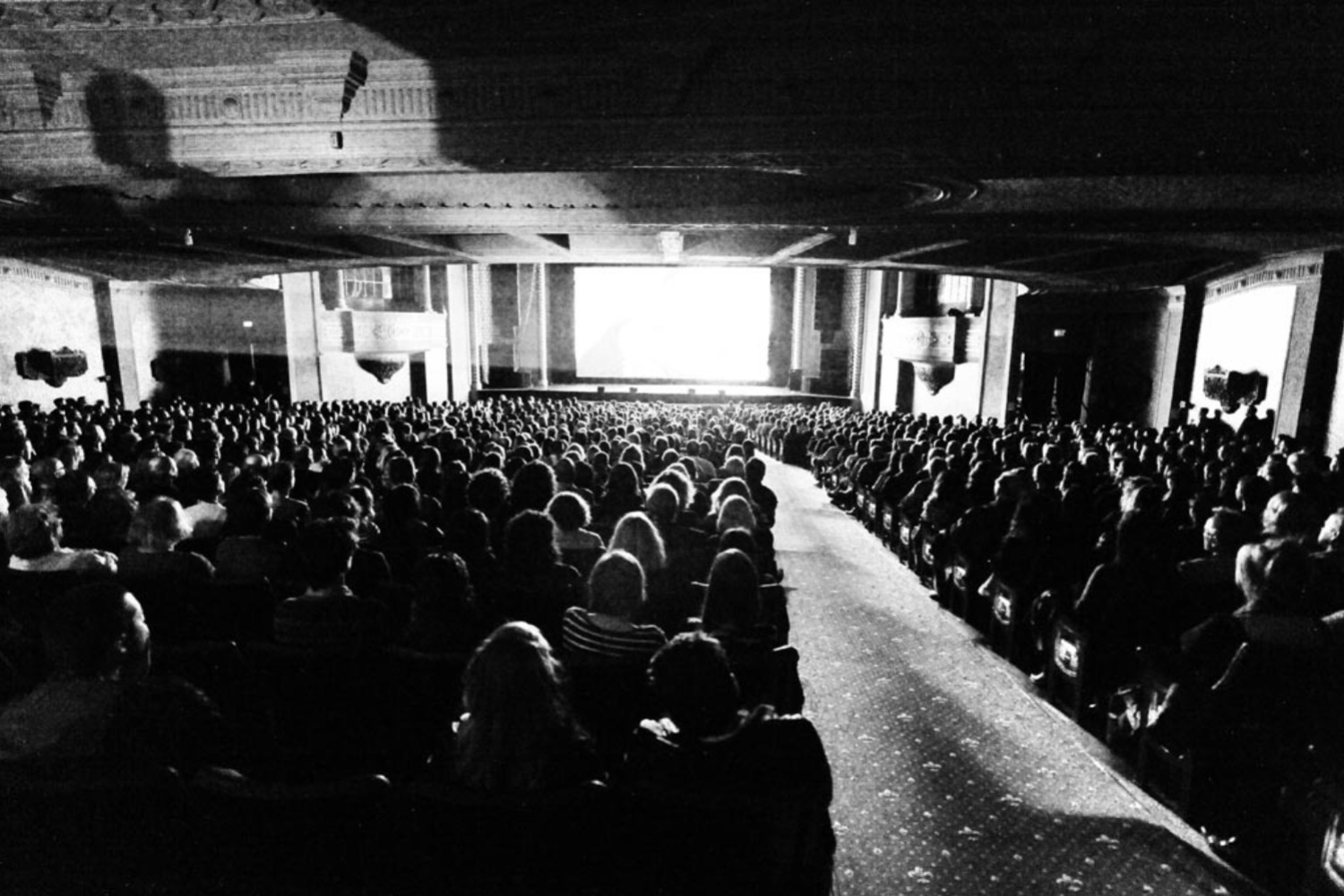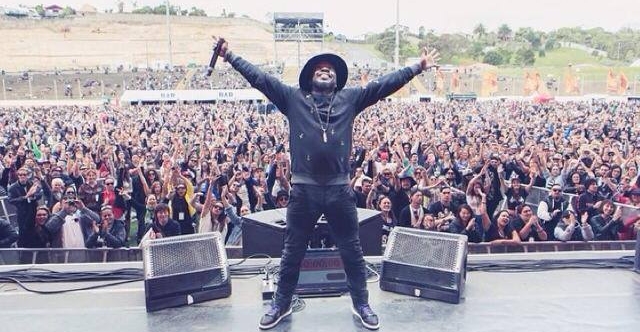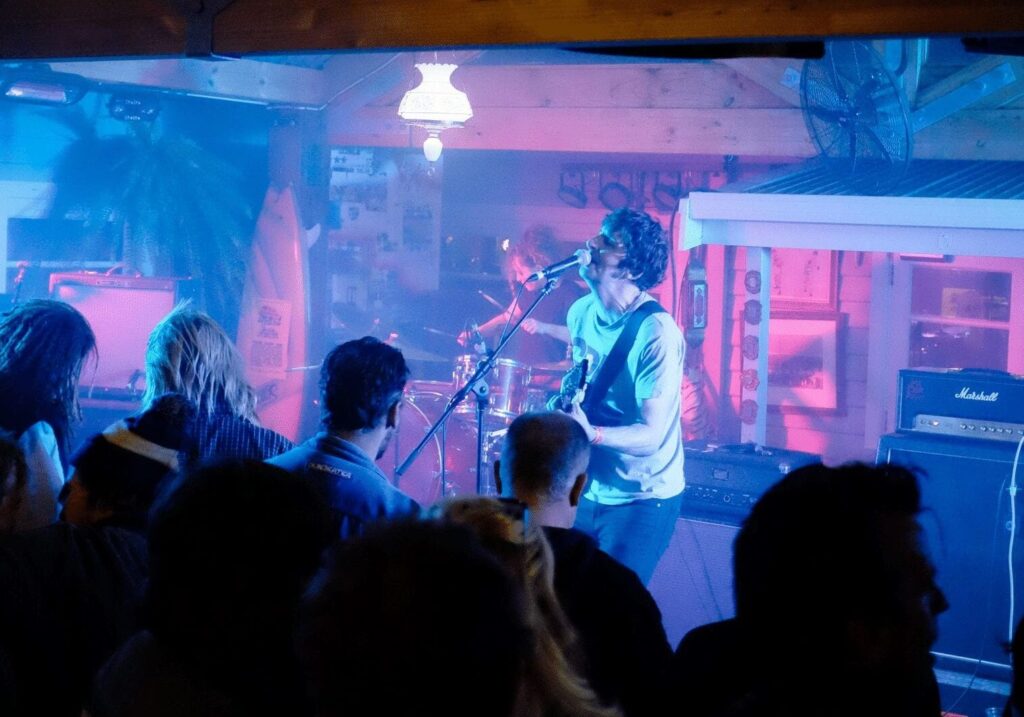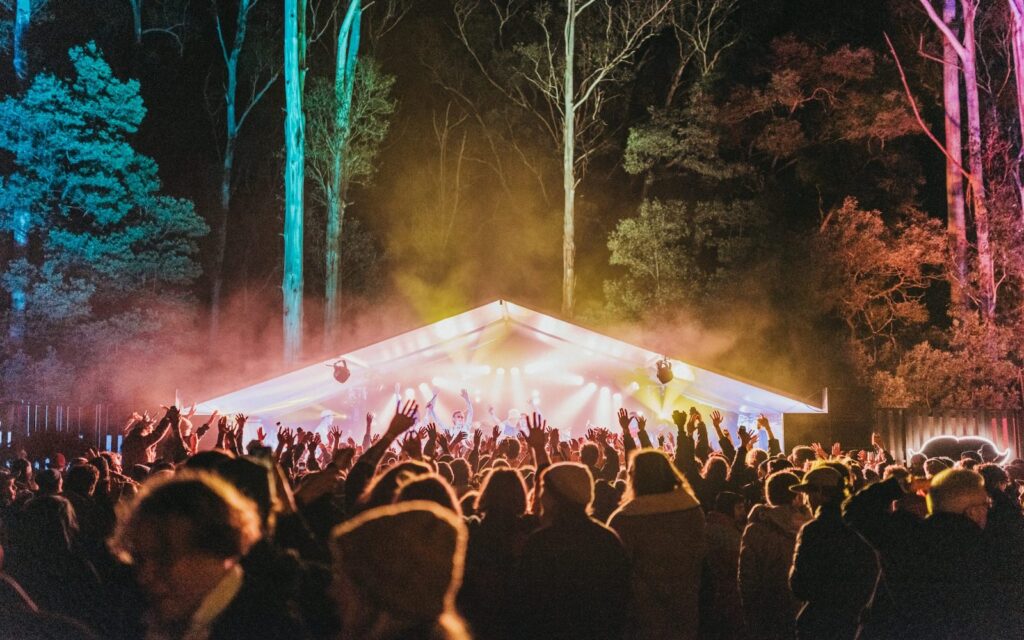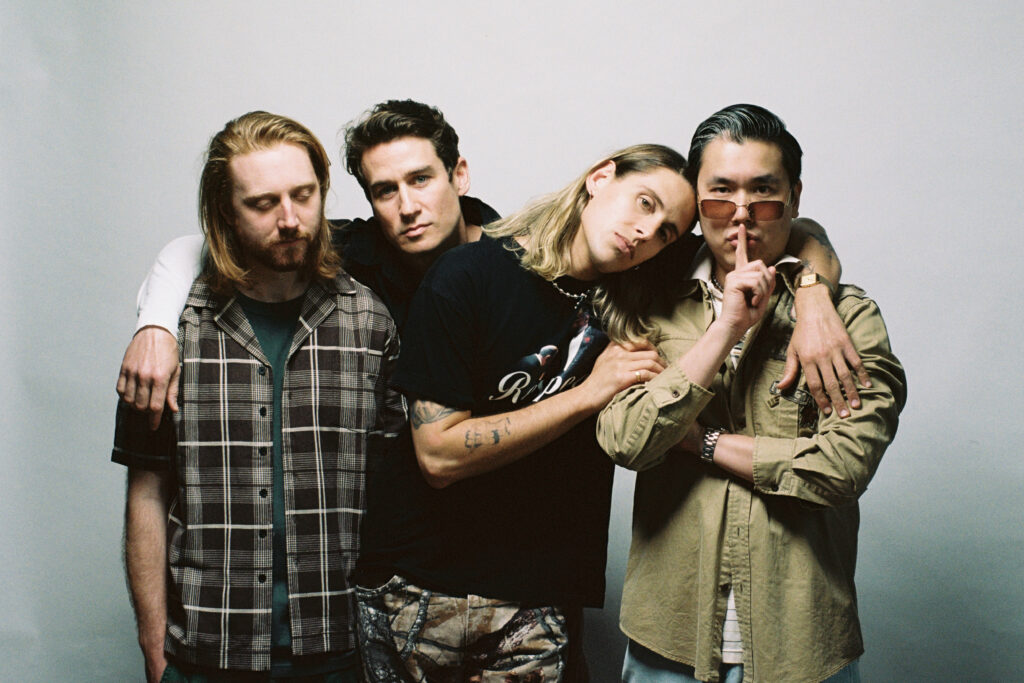For St Kilda Film Festival director Paul Harris, the thrill of cinema hasn’t faded. “You sit down, the lights dim, the curtains open and you get that sense of keen anticipation, the eagerness, and the sense of excitement,” he says.
“We’ve been going since 1983. The St Kilda Film Festival is Australia’s premier short film festival. We’re purely about Australian shorts. We’ve helped establish the career of several filmmakers – to be screened in this festival helps them in their future career; it plays an important role. We don’t rival the other film festivals, we complement them. We’ve got a huge field of films to choose from. We had 600 entries. We’ve started putting together a program of Melbourne themed films, we’ve got documentary, horror, animation, comedy – we screen them all as part of the top 100. A lot of our films are government funded, or out of film schools. Some of the documentaries, for example, might be technically crude, roughly put together; they may be films that may not make it into the more competitive film festivals.”
Do films have to be exclusive to the St Kilda Film Festival in the same way as they do for MIFF, for example? “We don’t compete with other film festivals,” Harris says. “Look at Sundance! They don’t have that rule. We take the view that exposure is oxygen for a film, the more, the better.” While on the subject of the Sundance Film Festival, Dilcia Barrera, the short film programmer at Sundance will be a guest at this year’s St Kilda Film Festival; a singular opportunity for local filmmakers to talk to her and learn about how to get their films noticed internationally.
Keep up with the latest Melbourne film and television news here.
Has Harris noticed any trends amongst the coming his way? “This year there’s lots of horror, a lot more people are making horror films, and we’re seeing lots of films with a horror theme. We have a horror feature, Shock Value, a feature length anthology from the archives from the University of Southern California, films made by horror writers in the ’60s before they became famous, people like John Carpenter, from the original modern slasher/zombie filmmakers like Dan O’Bannon (of Alien and Total Recall), and John Carpenter (of Halloween, Escape from New York). They’re not on YouTube, they’re not on DVD; you don’t see them anywhere else. Here you get a chance to see them on the big screen.”
One treat is The Go Show: the premiere screening of a restoration of an episode of a British TV program from the ’60s. Episode #117 features star of the day Crispian St Peters along with The Strangers, The Mixture and Normie Rowe. The ads from the time have been kept in for the sake of nostalgia. Melma is a documentary about local artist and designer Melma Hamersfeld who founded the label Metalicus. Flat Daddy, directed by Matt Holcomb and starring Kat Stewart, deals with absent father issues, and Imagination Game tests a grandfather’s patience with an imaginative grandson.
Does Harris think any of the film schools are producing particularly strong films? “The films coming out of the VCA are very strong at the moment. There’s a great diversity coming out of that school. But what I tell filmmakers is, don’t worry if you haven’t been to film school. Young filmmakers tend to be autobiographical in nature: coming of age stories about sexuality, the transition from adolescence to adulthood. It’s like the first novel, their strongly autobiographical. We live in a media saturated landscape. These days you really have to stand out from the pack. Short films are everywhere, in bars, on phones, on iTunes, all these new technologies, on cable. My advice to any young film maker is to make a short film, not a feature trapped in the body of a short film. The shorter, the better. Be economical in storytelling. I liken it to trench warfare – you’re hiding in the trenches, it’s like a commando style battle, you race out, make an impact, and then you get back in the trench before the opposing forces realise what you’ve done. With short films you can make mistakes, make as many mistakes as you like, craft your storytelling skills; it doesn’t matter. If you make mistakes at the feature film level you don’t get asked back.”
Visit the St Kilda Film Festival website here.
